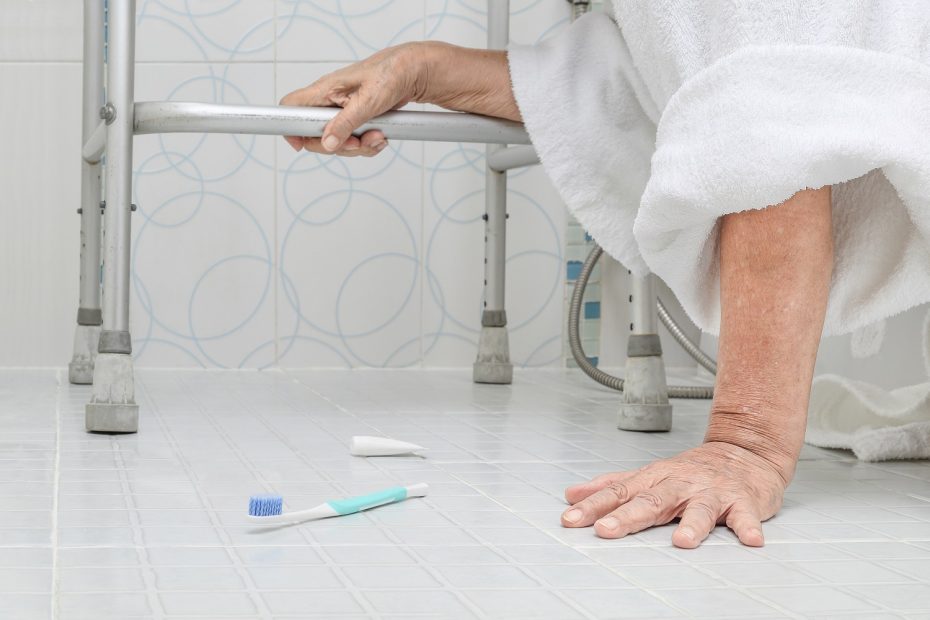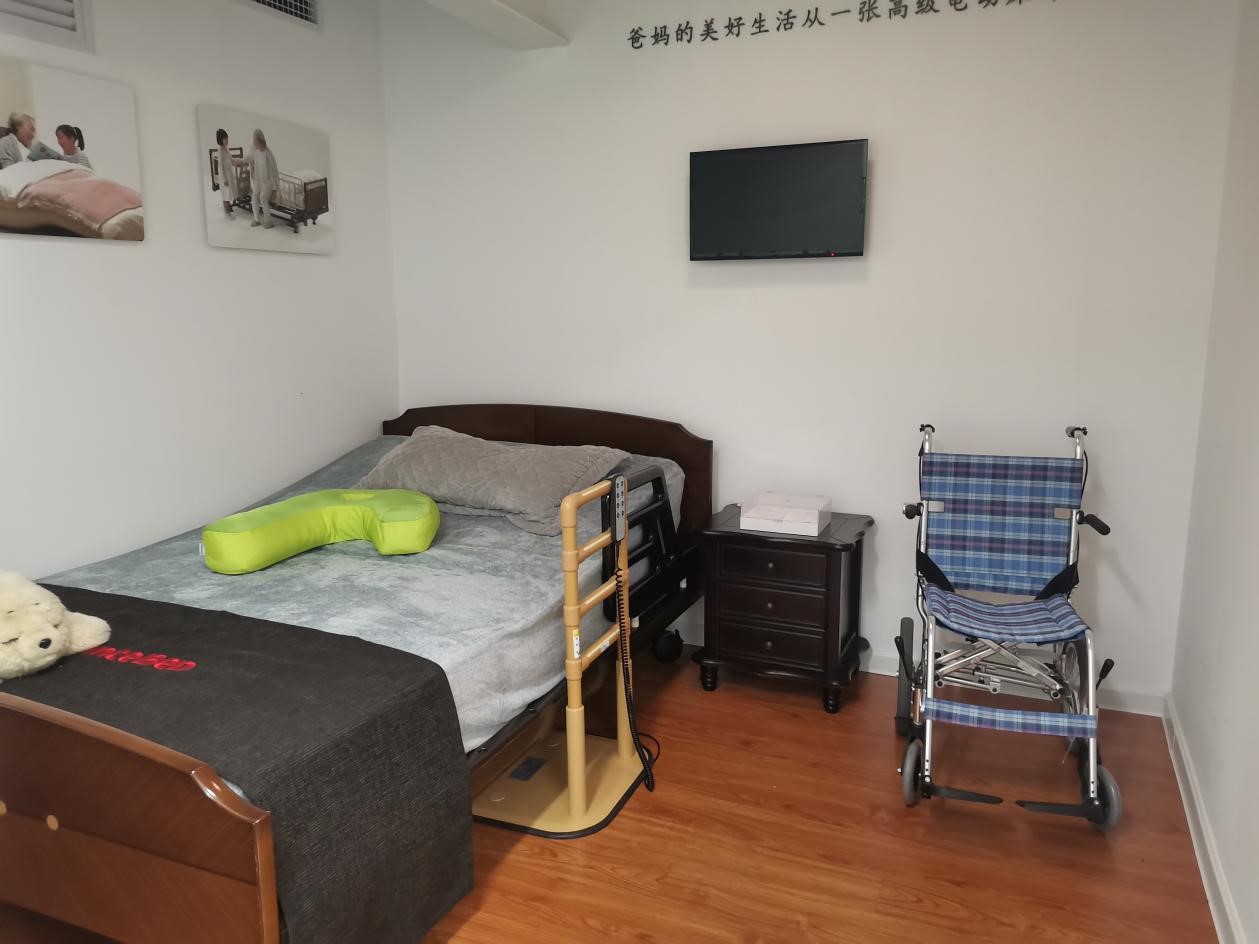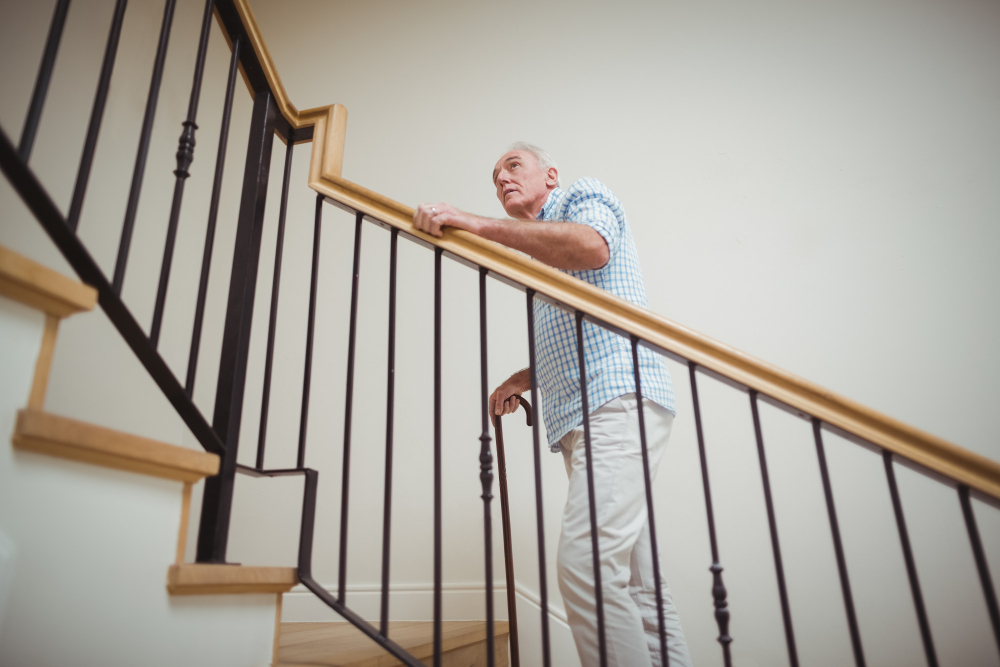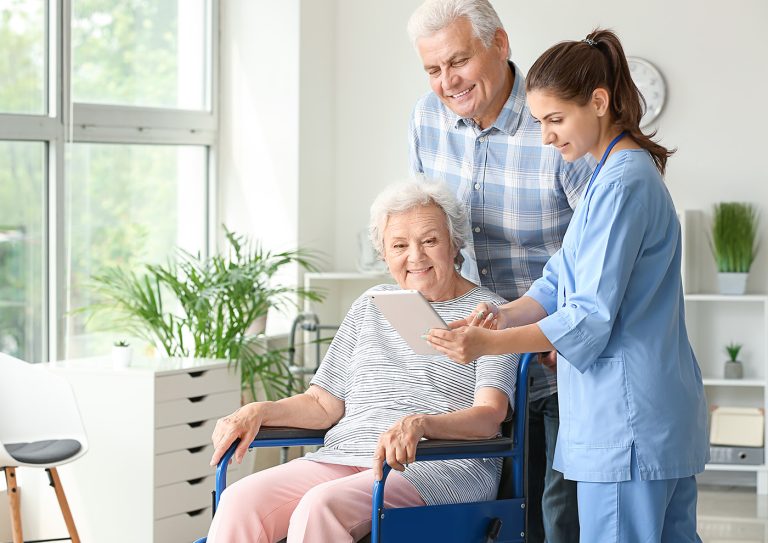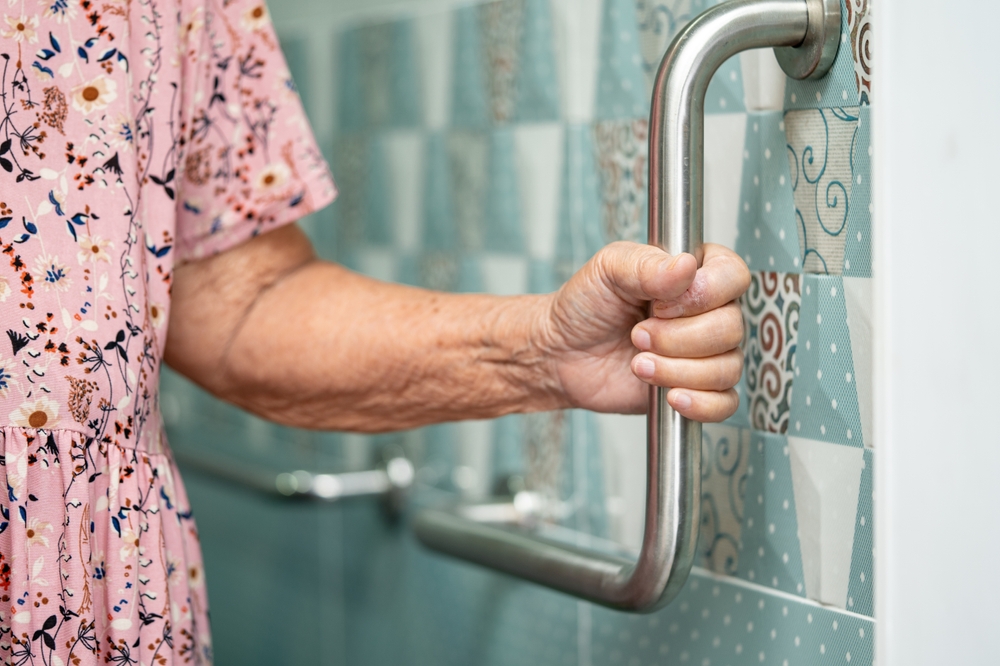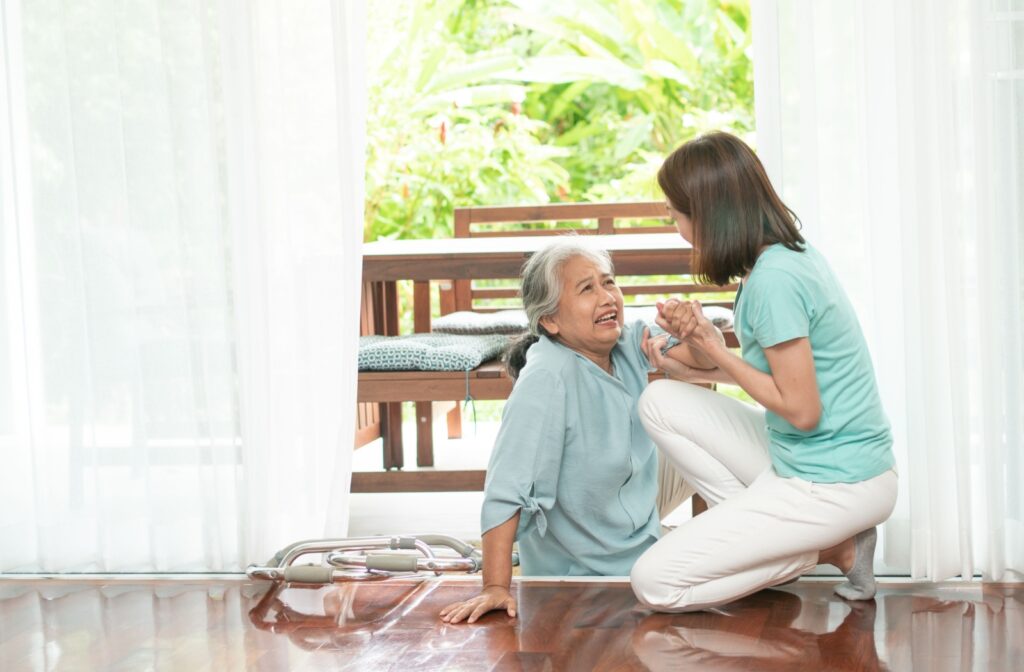In today’s rapidly evolving world, the role of caregivers is becoming increasingly crucial. As the population ages, more families are stepping into caregiving roles for their elderly loved ones. One of the primary concerns for caregivers is ensuring the safety and well-being of their charges, particularly when it comes to preventing falls. This raises the question: Do caregivers need fall detection devices?

The Growing Need for Fall Detection Devices
Falls are a significant concern for the elderly, as they can lead to severe injuries and even fatalities. According to the American Academy of Orthopaedic Surgeons, falls are the leading cause of injury among older adults. This makes fall detection devices an essential tool for caregivers.
What Are Fall Detection Devices?
Fall detection devices are technological tools designed to monitor and alert caregivers when an individual experiences a fall. These devices can range from wearable gadgets to smart home systems, each offering unique features tailored to different needs.
Benefits of Fall Detection Devices for Caregivers
Enhanced Peace of Mind
One of the primary benefits of using fall detection devices is the peace of mind they provide. Caregivers can rest assured knowing that they will be alerted promptly if a fall occurs, allowing for a quick response and potentially minimizing harm.
Reducing Caregiver Burnout
Caring for an elderly individual can be physically and emotionally demanding. By utilizing fall detection devices, caregivers can alleviate some of the stress associated with constant monitoring. Learn more about how these devices can help by reading our article on reducing caregiver burnout.
Types of Fall Detection Devices
Wearable Devices
Wearable fall detection devices, such as pendants and wristbands, are popular choices among caregivers. These devices are equipped with sensors that detect sudden movements or changes in position, triggering an alert when a fall is suspected.
Smart Home Systems
Smart home systems integrate fall detection technology into the home environment. These systems use sensors placed throughout the house to monitor the individual’s movements and detect falls. They offer a comprehensive solution for individuals who prefer not to wear devices.
Challenges and Considerations
False Alarms
While fall detection devices are highly beneficial, they are not without challenges. One common issue is false alarms, which can occur due to sudden movements or accidental device activations. It’s important to choose a device with a low false alarm rate to avoid unnecessary stress.
Choosing the Right Device
With numerous options available, selecting the right fall detection device can be overwhelming. Caregivers should consider factors such as ease of use, device accuracy, and compatibility with their loved one’s lifestyle.
Conclusion: A Necessary Tool for Caregivers
In conclusion, fall detection devices are a valuable asset for caregivers. They provide an added layer of safety, ensuring that help arrives quickly in the event of a fall. As caregivers continue to navigate the complexities of elder care, these devices offer a practical solution to enhance safety and reduce stress.
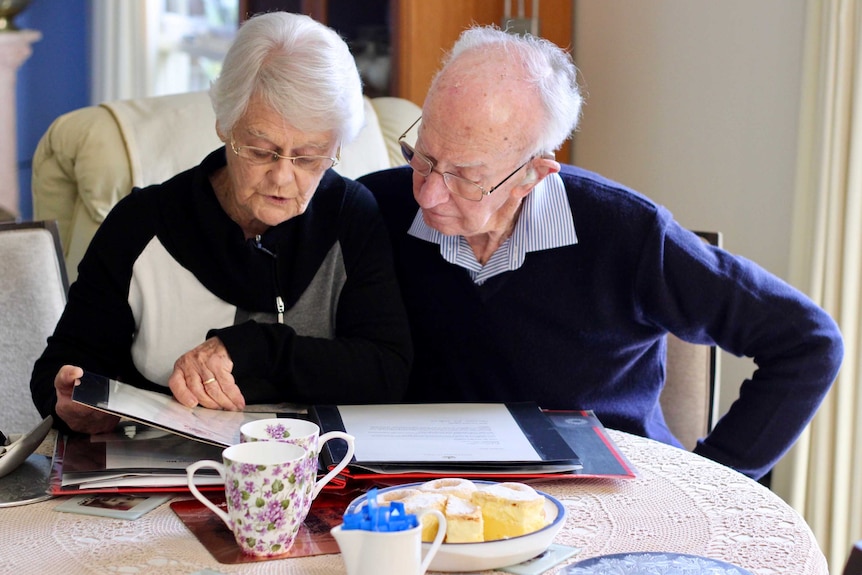
FAQs
1. How do fall detection devices work?
Fall detection devices use sensors to monitor movement and detect sudden changes indicative of a fall. When a fall is detected, the device sends an alert to the caregiver.
2. Are fall detection devices covered by insurance?
Coverage for fall detection devices varies by insurance provider. It’s recommended to check with your insurance company to determine if these devices are included in your plan.
3. Can fall detection devices be used for individuals living alone?
Yes, fall detection devices are especially beneficial for individuals living alone, as they provide an additional layer of safety and ensure help can be summoned quickly. For more information, visit our page on fall detection for seniors living alone.
This article contains affiliate links. We may earn a commission at no extra cost to you.

